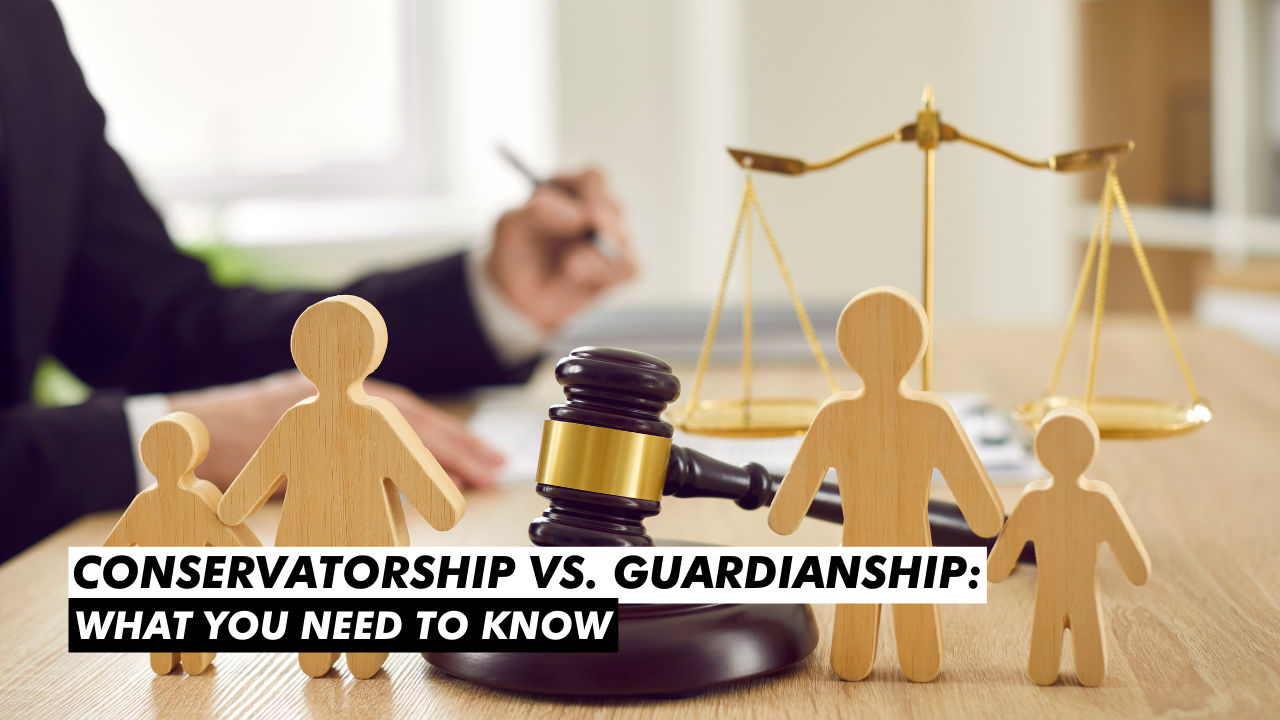
Conservatorship vs. Guardianship: What You Need to Know
In recent years, mainstream media has focused on high-profile conservatorship/guardianship cases with great intensity. A few recent examples include Wendy Williams, Bruce Willis, and Jay Leno’s wife. Interestingly, these cases are typically framed as “evil”. As if it’s so evil to seek help for a person you care about who may desperately need it.
While the Britney Spears conservatorship case is not lost on me, conservatorships and guardianships are nevertheless very helpful and valuable legal remedies for family members of disabled persons.
Conservatorships in Michigan
Here in Michigan, you may seek a conservatorship over a person’s estate if that person is unable to manage their financial affairs. This includes cases where a person has succumbed to:
- Mental illness
- Chronic use of drugs or alcohol
- Disappearance
- Incarceration
- Physical illness/disability, or
- Mental deficiency
- Alzheimer’s
- Dementia
- Schizophrenia, etc.
A conservator is responsible for the collection, preservation, and investment of that individual’s property. However, a conservator must use the property for the care and benefit of the individual.
Guardianships in Michigan
Additionally, you can seek guardianship over an individual. However, this differs in that a guardian has power over a person’s health care and well-being, not their finances and assets. Similarly, guardians are appointed if a person succumbs to any of the above-listed ailments.
In many cases, these custodianships are set up to be like a parent-child relationship. They are responsible for taking care of the adult as if she/he were their child, known as a “ward”. This means taking them to the doctor, buying their groceries, or even living with them if they can no longer take care of themselves.
The Probate Court
Undoubtedly, some conservatorships can become too powerful. But overall, fiduciary duties are no joke to the Probate Court. The Court has extremely high standards when it comes to conservatorships or guardianships. They must be accountable to the court; to the ward; to the ward’s direct heirs; and the ward’s attorney (or guardian ad litem). The Probate Court will supervise the case as long as it’s open.
Expert Guidance – Fausone & Grysko, PLC
The decision to seek guardianship or conservatorship of a loved one is a significant step that requires careful consideration and understanding of the legal processes involved. It’s important to consult with experienced professionals who can provide guidance and support throughout the entire process.
If you have any questions or concerns about the process of seeking guardianship or conservatorship, please contact Denise Medina at Fausone & Grysko, PLC. Contact us today at (248) 380-0000 to schedule a consultation and learn more about how we can help you navigate these complexities.
